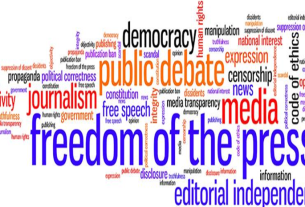This Thursday marks 80 years since Nazi Germany’s surrender, a pivotal moment in history that ended World War II in Europe. As nations commemorate Victory in Europe (VE) Day, Moscow has announced a 72-hour ceasefire in its ongoing conflict with Ukraine, a move framed as a gesture of peace but met with skepticism by Kyiv.
Russian President Vladimir Putin declared the unilateral ceasefire, set to run from May 8 to May 10, citing humanitarian reasons and the significance of the anniversary. The Kremlin has urged Ukraine to reciprocate, warning that any violations would prompt a swift military response. However, Ukrainian officials have dismissed the move as symbolic, arguing that a longer, unconditional ceasefire is necessary for genuine peace talks.
The timing of the ceasefire aligns with Moscow’s Victory Day celebrations on May 9, an event that will see international leaders, including Chinese President Xi Jinping, attending a grand military parade. Critics suggest the truce is more about ensuring a smooth spectacle than a genuine effort toward de-escalation.
Meanwhile, U.S. President Donald Trump has expressed frustration with both sides, pushing for a permanent ceasefire rather than temporary pauses in hostilities. His administration has warned that continued violence could jeopardize diplomatic efforts to end the war.
As the world reflects on the sacrifices of World War II, the contrast between historical remembrance and present-day conflict underscores the fragile nature of global peace. Whether this ceasefire leads to meaningful negotiations or remains a fleeting pause in hostilities remains to be seen.



